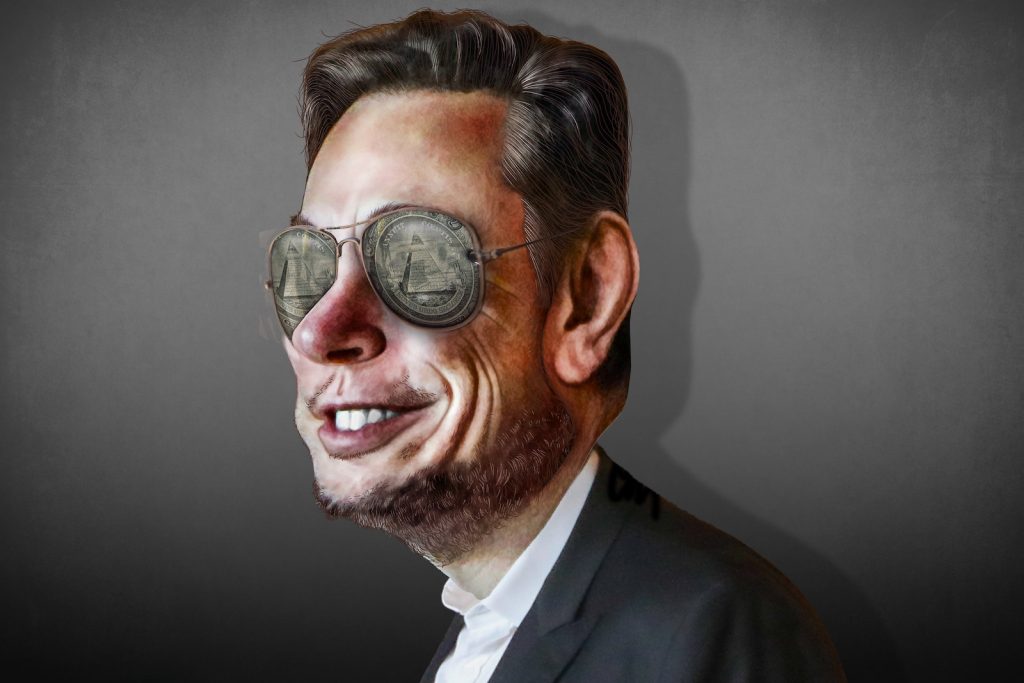Tesla’s once-dominant position in the European electric vehicle market shows signs of a profound and possibly lasting erosion. As the first quarter draws to a close, new registration data from key European countries reveal a stark downturn in consumer interest, raising larger questions not only about the company’s strategic direction but also about the broader perception of its mercurial CEO, Elon Musk.
In France, registrations for Tesla vehicles fell to just 3,157 in March, a decline of nearly 37% compared to the previous year. The drop is even more precipitous in Norway, long considered a vanguard for EV adoption, where registrations plummeted 63.9% to 2,211 units. Denmark saw a 65.6% decrease. And even in Sweden, where the dip was less severe, Tesla still saw a 55.3% quarterly decline. Across the Netherlands, registrations fell by 49.7%.
These figures, reported by Reuters and derived from official government data, are especially grim considering that vehicle registrations are often used as a reliable proxy for sales. Tesla, unlike many traditional automakers, does not provide region-specific sales figures, offering only global quarterly delivery numbers.
Expectations for those global figures are not encouraging. Bloomberg consensus estimates predict first-quarter deliveries of 390,342 vehicles—down significantly and placing Tesla on the back foot in its most crucial markets: Europe, the United States, and China.
Of particular concern is the underwhelming performance of the updated Model Y, launched in March. Hopes that a refreshed design would rejuvenate demand appear misplaced. Instead, the new model has done little to reverse Tesla’s European fortunes.
The broader market context only sharpens the contrast. According to the European Automobile Manufacturers’ Association (ACEA), Tesla’s February registrations across the EU, UK, and EFTA countries fell 40.1%, while the overall EV market surged by more than 26% year-over-year. In the first two months of 2025, Tesla’s total European registrations dropped 42.6%, while competitors raced ahead.
Tesla’s troubles are not confined to Europe. In China, where the company has aggressively expanded and once thrived, sales fell sharply. Shipments dropped to 30,688 units in February, nearly halving from the year before. Compared to January’s numbers, the decline was steeper still. Meanwhile, Chinese domestic manufacturers pushed total new energy vehicle sales up 82% for the month.
What’s dragging Tesla down is more than a cold market or product fatigue. Musk himself may be a growing liability. His increasingly vocal political positions, including support for far-right figures in both the U.S. and Europe, have alienated many prospective buyers—particularly those drawn to EVs for environmental and social reasons. Public backlash has been visible, from protests to acts of vandalism, as Musk’s personal brand drags down his companies’ public standing.
Tesla’s stock reflects this malaise. Shares fell 36% in Q1—the worst performance since late 2022, when Musk’s decision to fund his acquisition of Twitter (now X.com) by selling Tesla shares triggered a similar sell-off. Speaking at a political rally in Wisconsin over the weekend, Musk was uncharacteristically candid: “My Tesla stock and the stock of everyone who holds Tesla has gone roughly in half,” he said, framing the decline as the cost of his civic engagement. “This is a very expensive job, is what I’m saying, and you’re welcome.”
He added, with characteristic bravado, that Tesla stock might now represent a “buying opportunity.” But whether investors will take the bait—or whether the brand can recover its shine in markets where it once dazzled—remains an open question.





